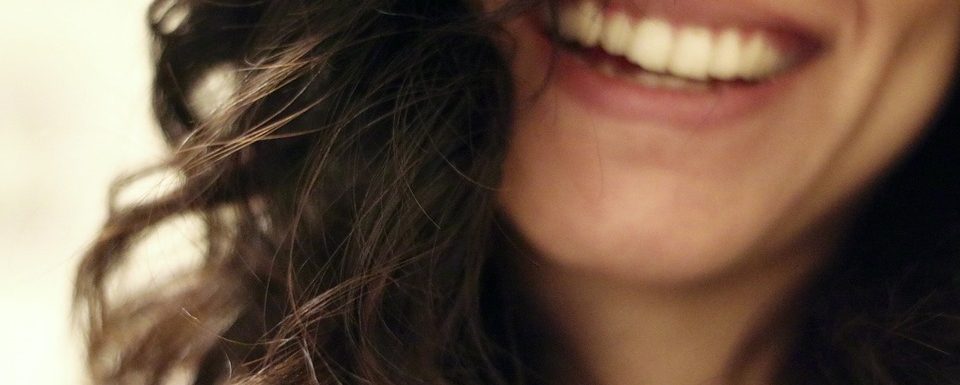We all know sugar is bad for our weight, but don’t forget how harmful it is to your oral health too.
The UK is in the midst of an obesity crisis, with the latest health figures revealing that around two thirds of Brits are either overweight or obese, with a third falling into the more serious ‘obese’ category. Along with living a sedentary lifestyle, diet forms a significant part of why people are failing to achieve a healthy BMI, with sugar and saturated fat to blame. It’s estimated that young people aged 11-18 are consuming more than triple the recommended daily allowance of sugar, and only 10% of this age range are eating their five a day of fresh fruit and vegetables. Along with the alarming links that this way of lifestyle has with the development of type 2 diabetes, heart disease, cancer and stroke, your diet also has a considerable impact on your oral health.
Hidden Sugars
Sugary foods are not just your obvious sweet treats such as chocolate, candy or fizzy drinks. Carbohydrates such as white bread, pasta and pizza are also packed full of sugar that can cause damage to your oral health. When sugars such as these form too large a part of your diet, your overall nutrition will be affected. Studies have found a link between poor nutrition and periodontal disease, so it’s important to be aware of the value of the foods you’re choosing.
Bacteria Feeds On Sugar
When you consume sugary foods and drinks, the bacteria present in your mouth feeds on this sugar and creates acid as a result. This is responsible for the slow erosion of enamel and ultimately the decay of your teeth. If you regularly eat sugary foods, then you’re increasing the amount of acid that is produced in your mouth.
Sensible Choices
Does this all mean that you can never eat another chocolate bar again? No, certainly not. Plenty of healthy foods also contain sugar, so it’s really about ensuring that you follow a healthy, balanced diet of grains, protein, low-fat dairy and fresh fruit and veg. It’s important to understand that a treat is meant to be just that – an occasional treat, rather than a staple part of your daily food consumption. Where you do snack, stick to healthy options such as a serving of cheese or a handful of nuts and save that chocolate bar as a one-off.
To help you make better choices, become an expert label-reader – take the time to scan the back of a packet before you fling it into your supermarket trolley. Stick with items that are low in sugar and saturated fat, but also be aware of ‘hidden’ sugars such as fructose, glucose and corn syrup.
Remember that it’s not just your food choices that affect your teeth, but also the drinks you consume. Water and herbal teas are your best options, whilst fizzy drinks should be avoided. Alcoholic drinks also have a negative impact – a pint of cider can contain up to 20g of sugar, whereas low-sugar alternatives include beer, white wine and champagne which average around 2g per serving.
Timing Is Everything
If you do have a sweet tooth and want to indulge in something from the unhealthy end of the scale, it’s best to do so during mealtimes. When you eat a meal, your saliva production increases, which helps to wash away some of the acids that cause decay. So, the best time for that chocolate bar would be following your main meal, rather than mid-afternoon between meals. This is also a convenient pattern to follow if you’re wearing a brace. For those who have visited an Invisalign Essex professional, the aligners are easy to remove for meals, allowing you to eat a healthy meal before setting it back into place to continue straightening your smile.
The condition of your teeth and gums are a great indicator as to your overall health. Follow positive oral hygiene by watching what you eat, and you’ll safeguard both your teeth and your body.

Leave a Reply